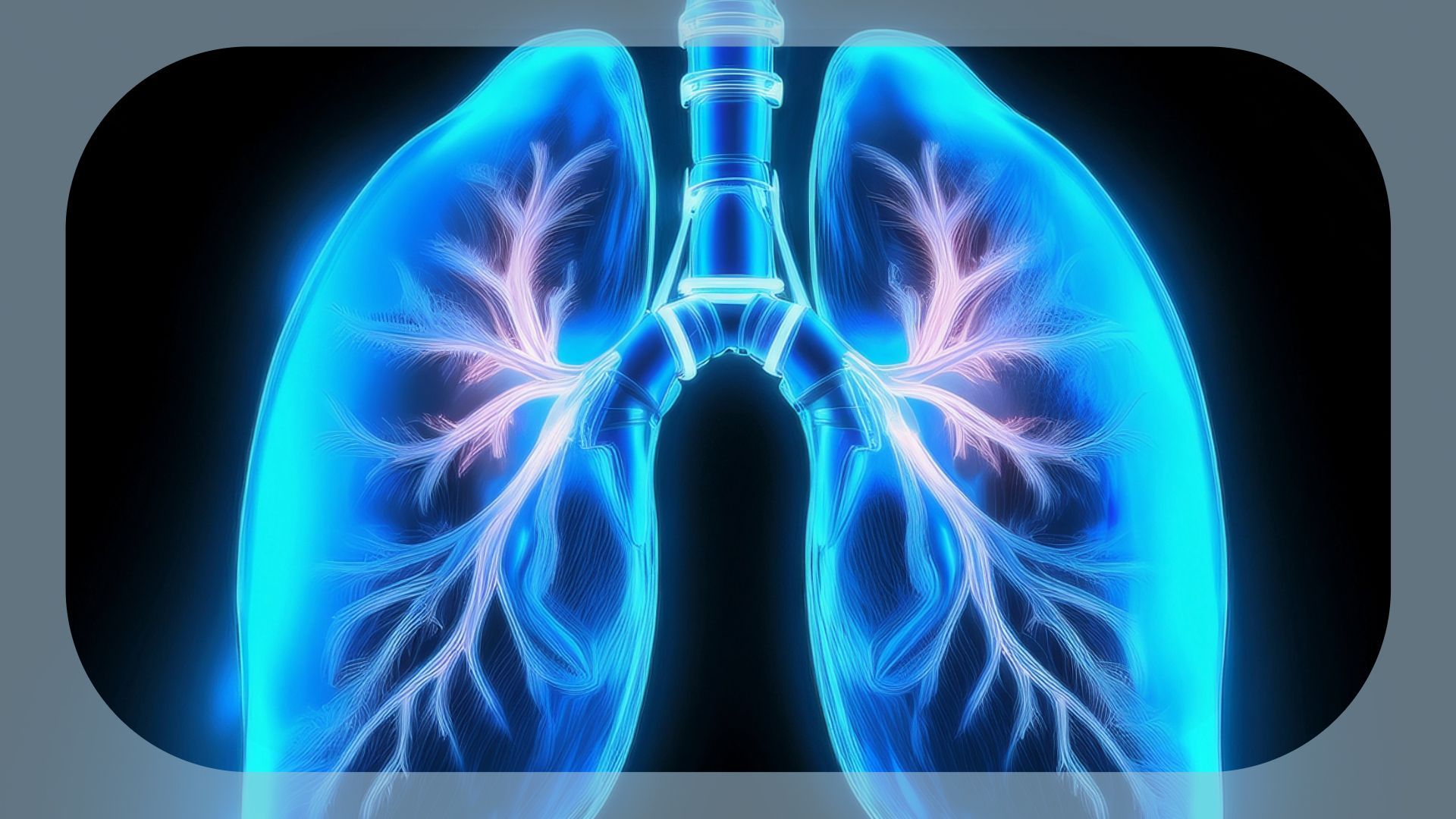In a significant development for oncology, the U.S. Food and Drug Administration (FDA) has granted fast track designation to ateganosine, a novel therapeutic agent, specifically targeting non-small cell lung cancer (NSCLC).
This crucial designation by the FDA is a testament to ateganosine’s potential to address serious conditions and fulfill an unmet medical need, particularly for patients grappling with advanced forms of lung cancer. Fast track status aims to expedite the development and review of drugs that show promise in treating life-threatening diseases, potentially leading to earlier patient access to critical new treatments.
Ateganosine, also known by its chemical names 6-thio-dG or 6-thio-2’-deoxyguanosine (THIO), represents a unique class of anticancer treatments. Its innovative mechanism of action positions it as a first-of-its-kind therapy currently undergoing rigorous clinical evaluation, distinguishing it within the competitive landscape of cancer research.
The drug is presently being investigated in the ongoing phase 2 THIO-101 trial, identified by clinical identifier NCT05208944. This pivotal study is designed to assess ateganosine’s efficacy and safety when administered in combination with cemiplimab (Libtayo) in patients suffering from advanced NSCLC who have previously undergone first-line treatment involving an immune checkpoint inhibitor-containing regimen.
According to Vlad Vitoc, MD, chairman and chief executive officer of MAIA Biotechnology, the FDA’s fast track designation underscores ateganosine’s promise as a transformative approach in cancer treatment science. Dr. Vitoc emphasized that successful navigation of this regulatory pathway could pave the way for accelerated FDA approval and robust market exclusivity in the NSCLC segment, with a potential decision arriving as early as next year, marking a significant milestone in biotechnology innovation.
The THIO-101 study is structured into multiple parts to thoroughly evaluate the agent. Part A is a safety lead-in phase, utilizing a modified 3+3 design, where ateganosine is evaluated at a dose of 360 mg per 3-week cycle, specifically dosed at 120 mg on days 1 to 3, to establish optimal safety parameters.
Subsequently, Part B involves the randomized assignment of patients to receive ateganosine at varying doses—60 mg, 180 mg, or 360 mg per cycle—in combination with cemiplimab. Further, Part C will administer ateganosine at 60 mg daily on days 1 to 3 of each cycle, alongside cemiplimab given at 350 mg on day 5, while Part D explores a 180 mg per cycle ateganosine dose with cemiplimab for patients undergoing third-line therapy, meticulously exploring different treatment regimens for lung cancer treatment.
K. Robinson Lewis, vice president and head of Regulatory and Quality at MAIA Biotechnology, highlighted ateganosine’s robust preclinical efficacy and superior clinical median overall survival compared to other FDA-approved treatments for NSCLC patients with prior disease progression on platinum-based chemotherapy and an anti-PD-L1 antibody. He further reiterated that advanced NSCLC unequivocally meets the criteria for a serious condition with unmet medical need, a key factor in securing the fast track designation, affirming its relevance in oncology breakthroughs.
The company intends to fully leverage the incentives offered by the fast track program to expedite both the development and review processes for ateganosine, aiming to provide earlier patient access to this potentially life-changing cancer treatment. This move signifies a critical advancement in the fight against a devastating disease, driven by focused oncology research.






Leave a Reply